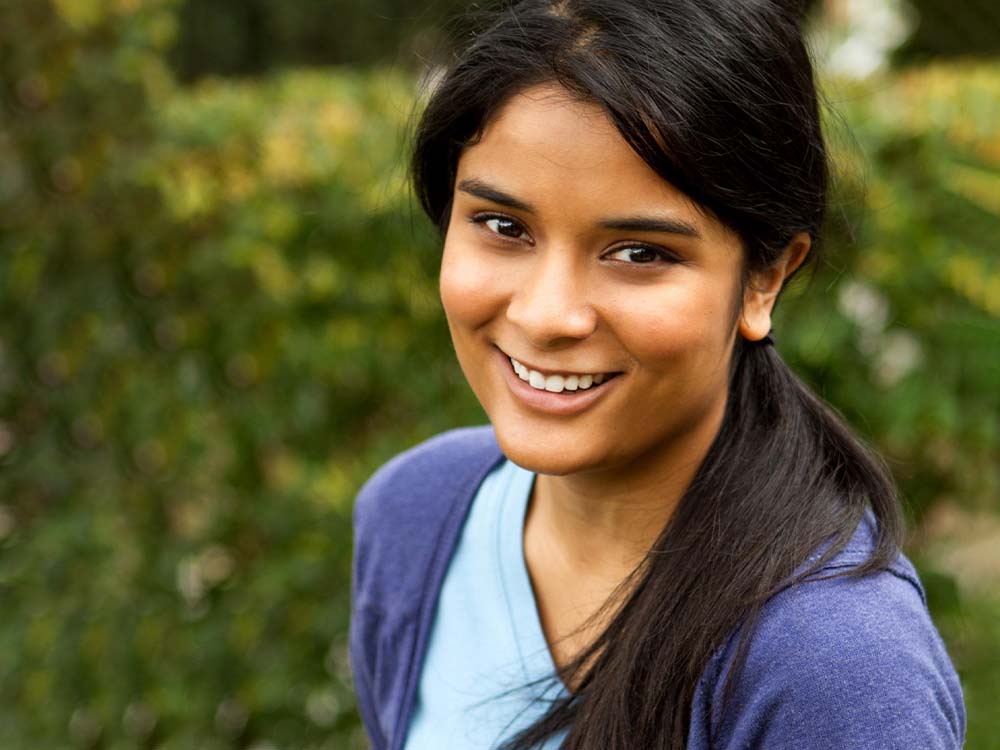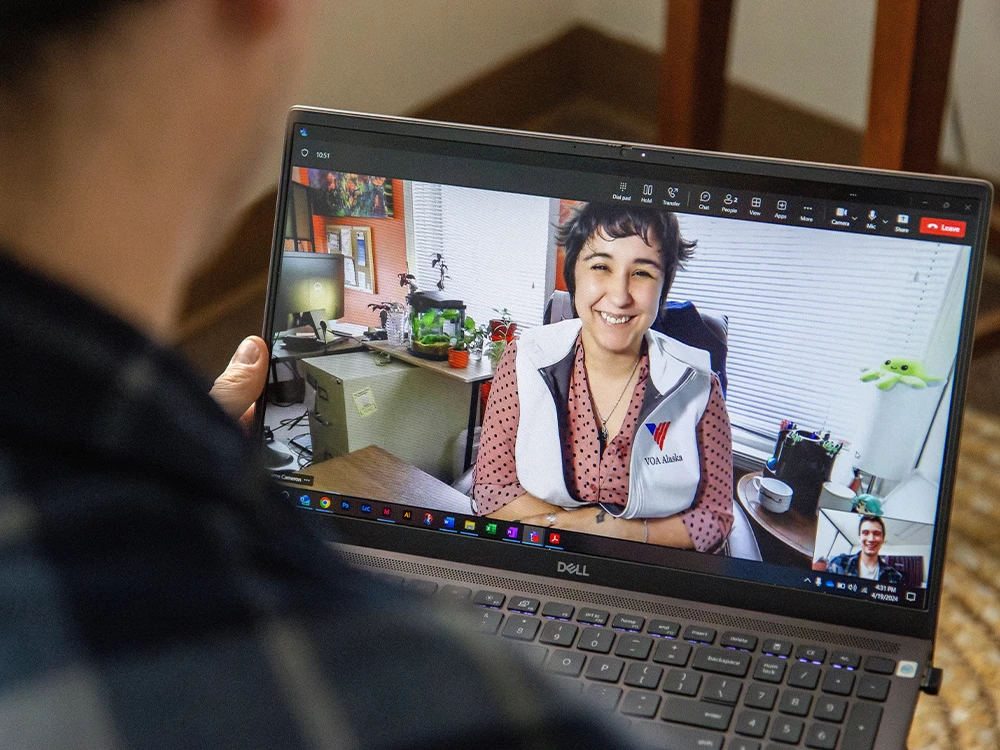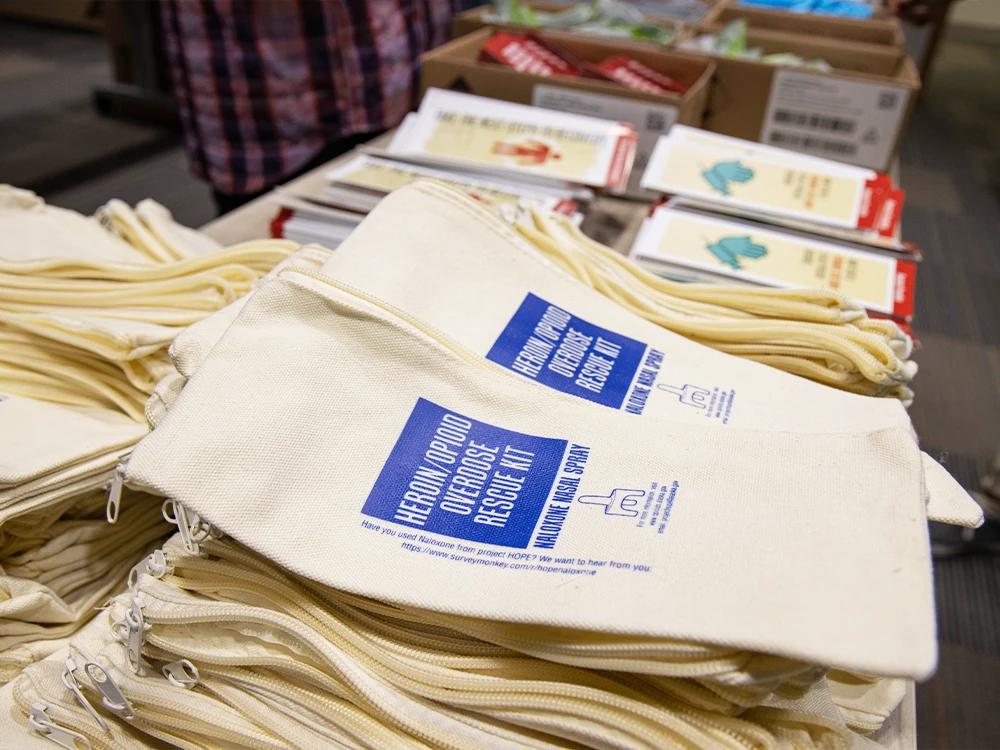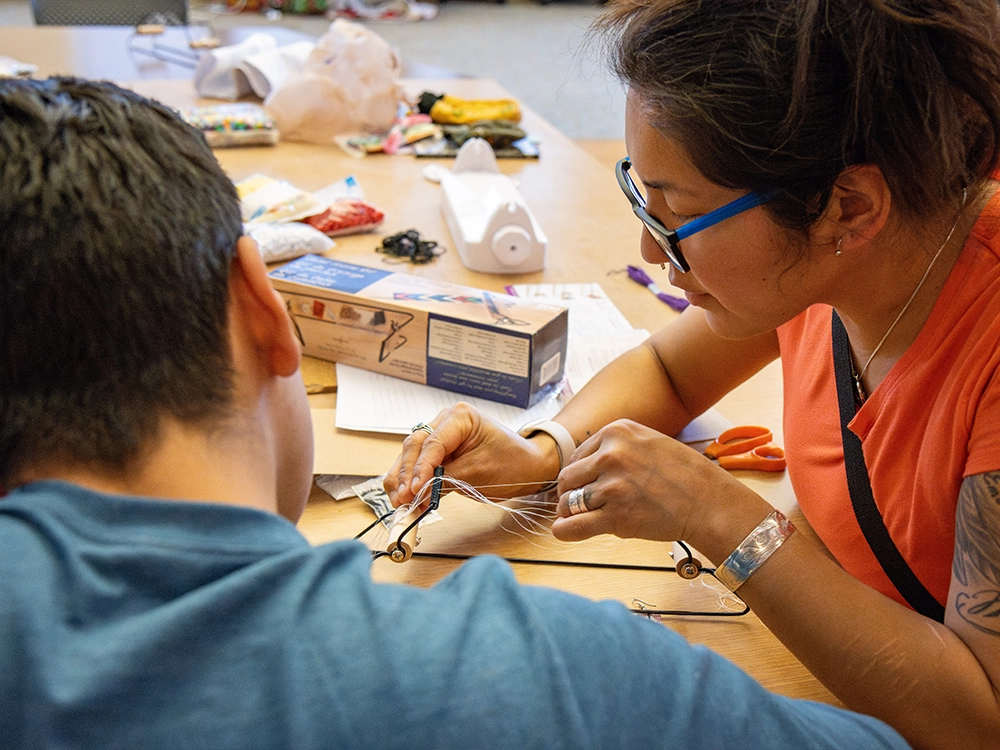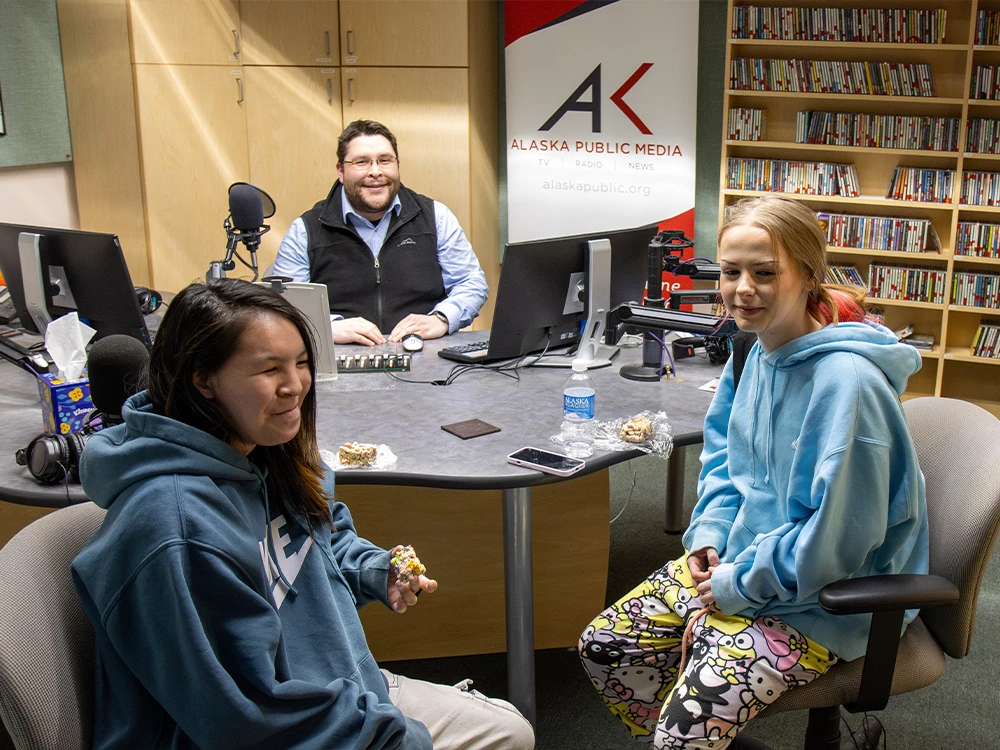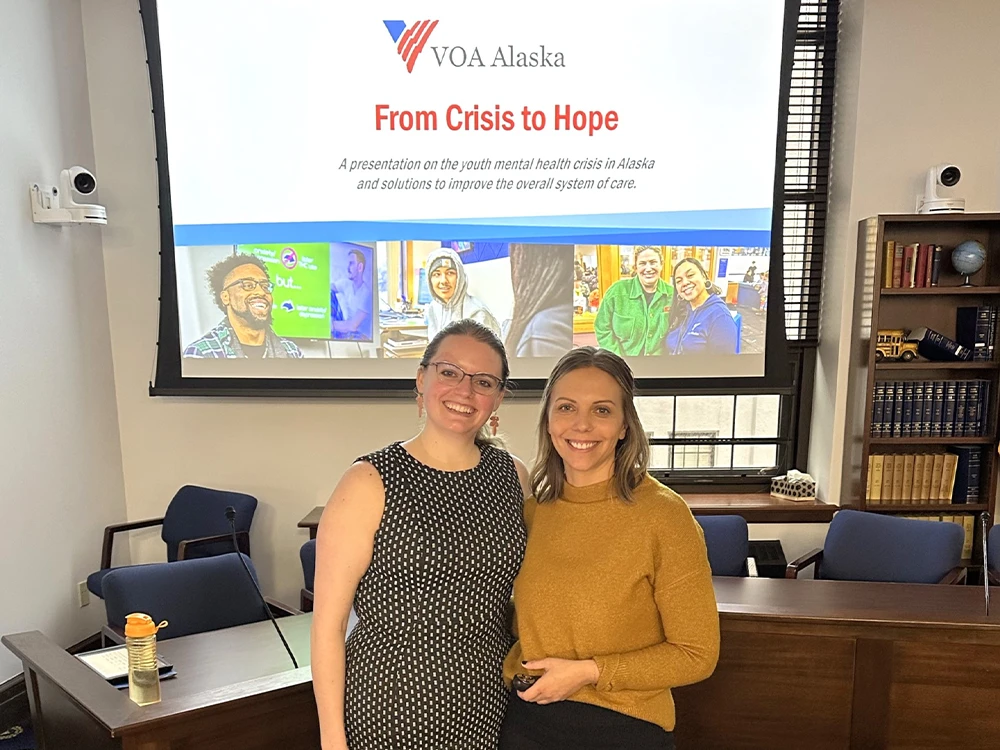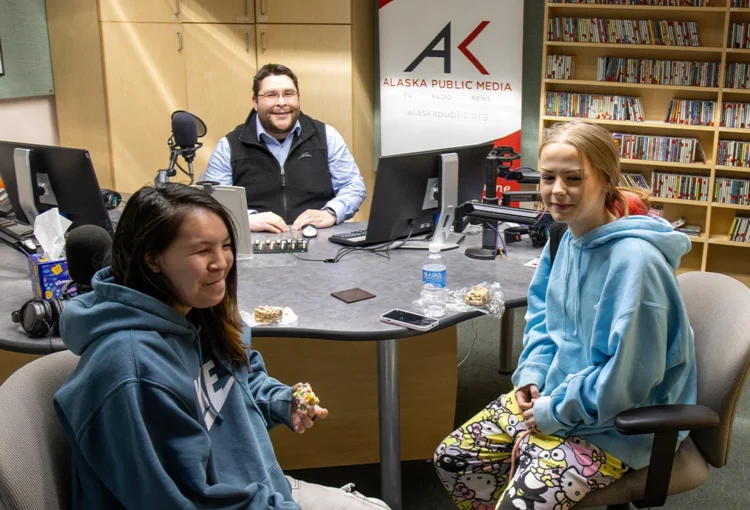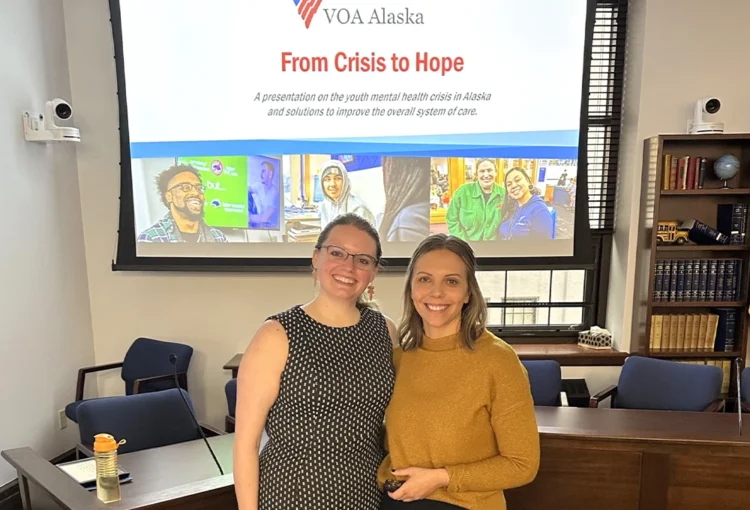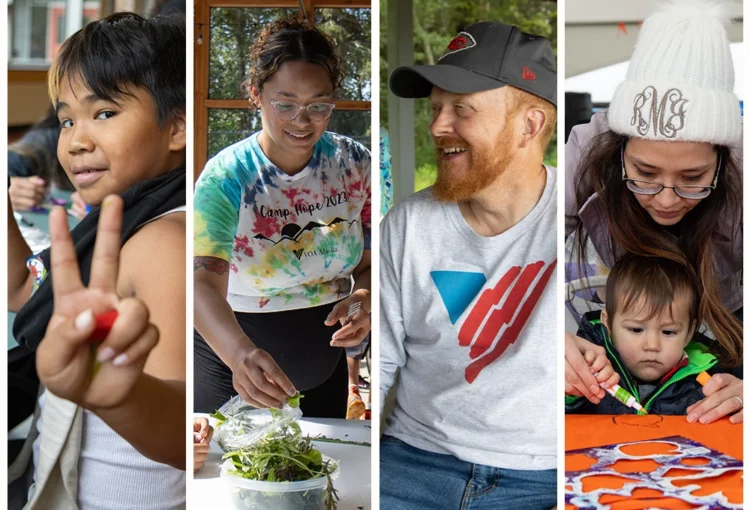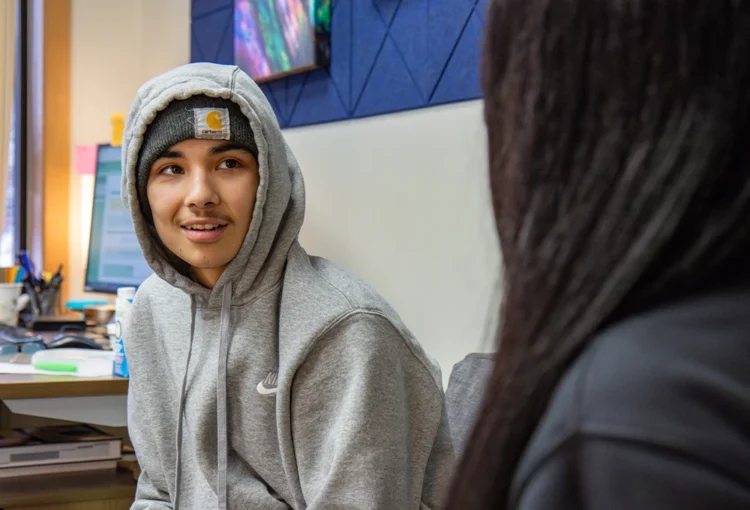Below is the extended version of “Stories of Impact: Youth Behavioral Health,” which is featured in our 2021 Community Impact Report. Click here to view the report and find links to all of our Stories of Impact.
Jordan likes to write, fix flat tires, and her favorite subject is Algebra.* She’s an authentic teenager with ambitious goals, like someday owning a business. But only a few months ago, she would have used a different word to describe herself.
“I felt fake,” Jordan says, “I would go home after school and isolate. Or I would go out and use substances as a coping skill to deal with mental health issues.”
Jordan was experiencing major depression, ADHD, and difficulties managing her anger. She was misusing substances and avoiding family members. This wasn’t who she wanted to be.
For a time, she believed she could handle it by herself. “I thought that if I can just get over my depression, my depression can get over me.”
“And at a point, I was like, I need to stop.” So, Jordan worked up her courage, went up to her mom, and said, “Hey, I need help. Because I’m not feeling myself.”
She admits it wasn’t easy. Jordan was always butting heads with her parents as she dealt with her anger and depression. “It took guts for me to go up to my mom because of the situations that we’ve been through.”
A prior treatment program helped Jordan to better manage her anger and overcome her major depression, but she wasn’t able to free herself of the negative coping skills that led her back to using substances.
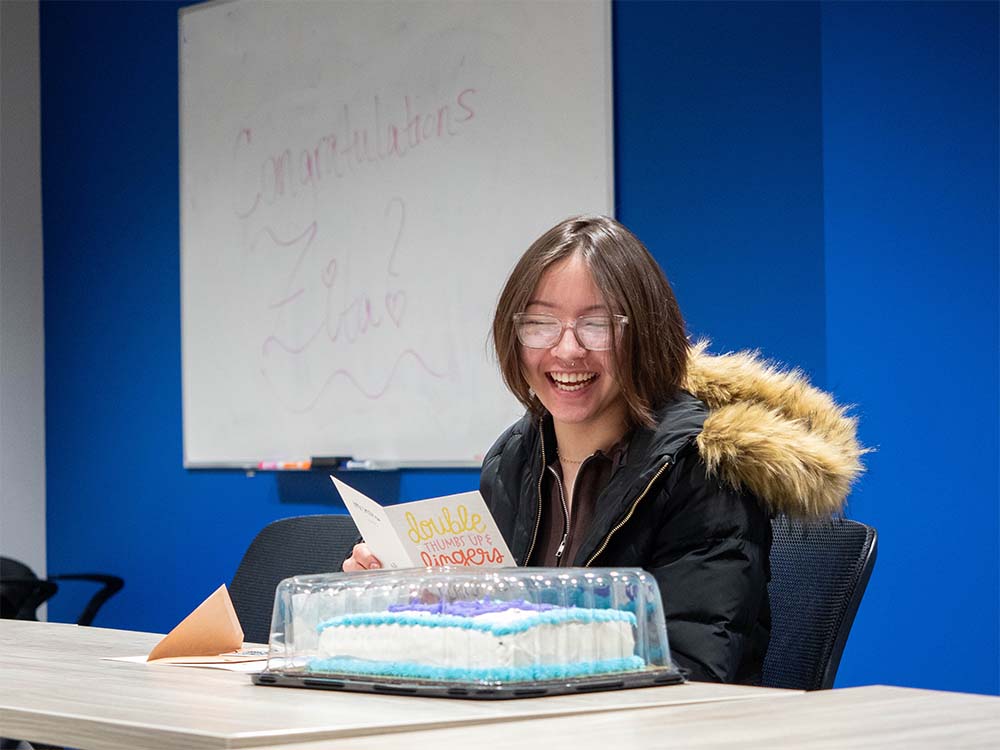
Jordan Learns She’s Not Alone in Her Journey
To find the support she needed, Jordan joined VOA Alaska’s Day Treatment Program. The program provides a safe, supportive, and structured environment to help youth overcome barriers in their continued recovery. The program is combined in a school setting, allowing youth to continue their education with an on-site teacher at VOA Alaska. That means outside of individualized counseling, Jordan would be spending much of the day with her peers.
Though she liked that was able to go home at the end of the day, she was nervous about being around the other youth. Jordan says her first thoughts were, “Oh, how I’m gonna hate this place. Oh my gosh, I’m here with other people who I think are going to ruin me. And I feel like I’m not going to be worrying about myself. I feel like I’m just going to screw this all up for myself again.”
But as she settled in, she found herself enjoying the group environment. She says she “saw other people who had struggled with mental health, and they’re now learning how to cope with it. Hearing other client’s stories really does motivate me. And it helps me regain my confidence. Because not only are you dealing with this type of stuff, but there are other people who are going with you on this journey.”
As for the staff, she discovered they were people who supported her and would help her achieve her goals. And “they’ll give you real talk when you need it. They’re not gonna sit there and tell you that you’re going to be okay and like, be your little daycare person babysitter. They’ll give you good life advice.”
What she really loved were the recreational therapy outings, like ice skating and going to the zoo. “The staff show us what life is like without using drugs and just feeling like a normal person in public.”
Jordan Finds her Confidence and Achieves a Milestone
After three weeks of sobriety, Jordan graduated from Day Treatment and is now “stepping down” to the intensive Outpatient program. It still means weekly counseling sessions, but she was excited to return to her home school.
She says it “will be a big change for me, but I’m looking forward to moving on and achieving my goals slowly.” One of those goals, an important milestone for any teenager, was passing her driver’s permit test. “I feel proud of myself. I had low self-esteem and confidence, but I studied for two weeks, and all that hard work paid off.”
For others who may be experiencing similar challenges, Jordan encourages them to have confidence, strength, and to reach out for help.
“When you’re feeling a certain type of way, ask your parents or somebody older than you, just letting them know how you feel. And if they don’t support you, then your teacher, your counselor. Just tell somebody. Let them know what you’re struggling with. That’s how I started. Take one part of your day and ask for help.”
A Reflection from Jordan’s Team
What makes day treatment special at VOA Alaska is that there are no other partial hospitalization programs for youth in Alaska. The foundation of day treatment is to prevent adolescents from being removed from their homes and needing to be hospitalized or attend inpatient levels of care. The program provides a safe environment for youth to receive intensive therapy, support, and schooling all in one location, to decrease stress to the family and youth.
Jordan came to VOA Alaska following a few residential stays, with another recommendation for residential treatment. After meeting with Jordan and her family, the VOA Outpatient team recommended Day Treatment to allow her the opportunity to use the skills she has learned in her home environment. Jordan’s referral sources and family were nervous about her attending outpatient with her unsuccessful stays in residential facilities; the last discharge landed her an arrest and a stay in the local jail. While Jordan struggled with appropriate engagement initially, it was a wonderful experience to see her grow and become connected with the staff and her peers in the program. She began to use assertive communication, rather than aggressive communication, and she was so happy to be sober and in control of her life.
It’s a special privilege to work alongside youth like Jordan to help them set themselves up for long term success!
– Lindsey Dawson, Mental Health Clinician
*Name, image, and some personal details have been changed to protect confidentiality

